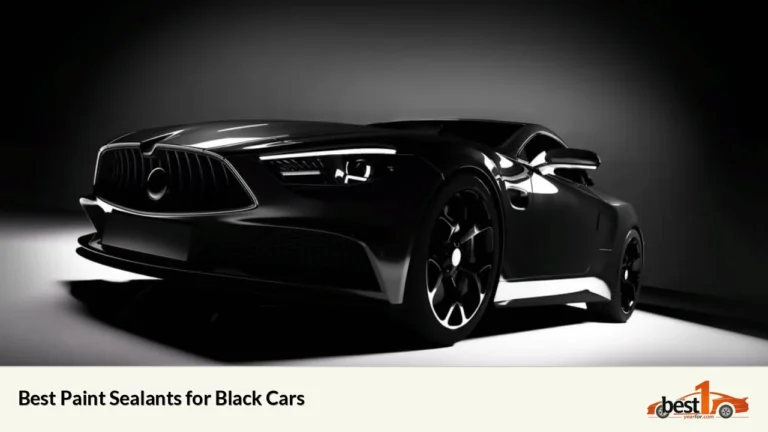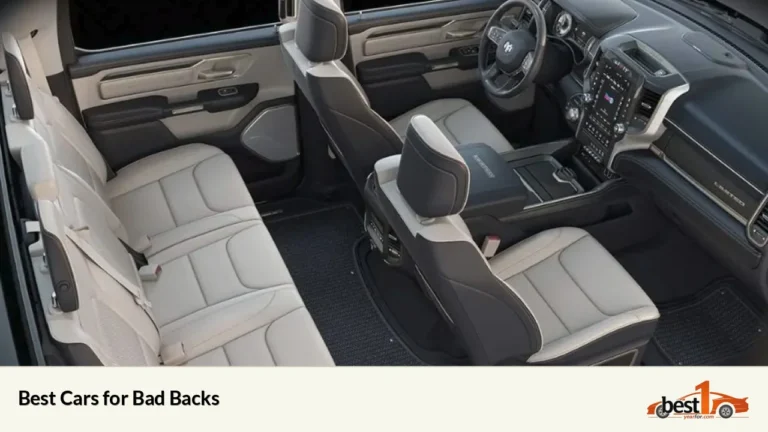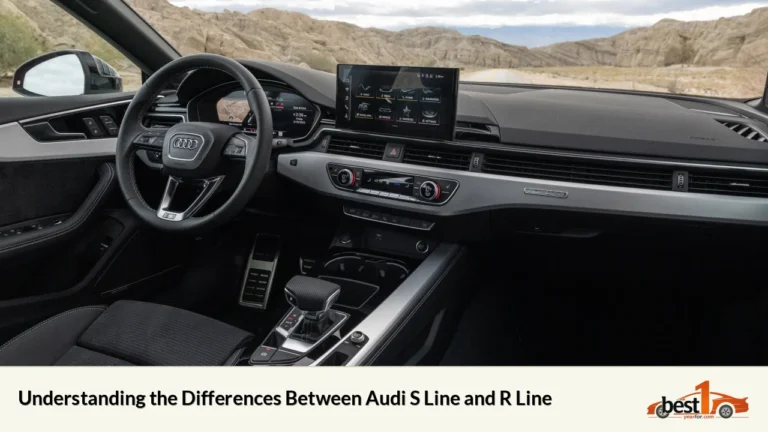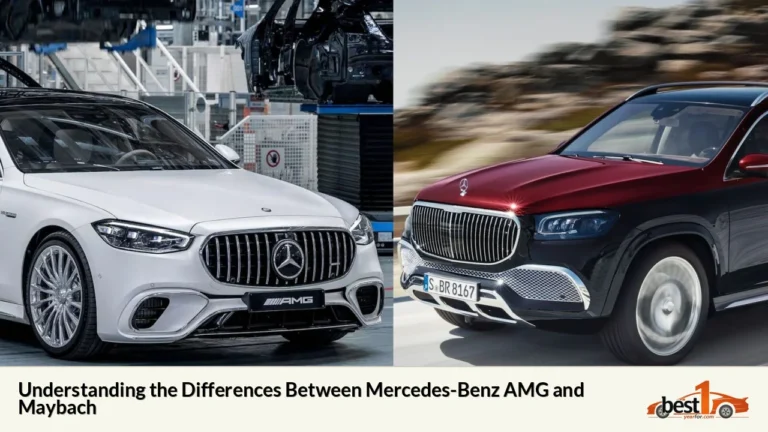When it comes to purchasing a new vehicle, savvy buyers consider more than just the sticker price. One crucial factor that often gets overlooked is residual value – the estimated worth of a car after a certain period of ownership. Understanding which cars hold their value best can save you thousands of dollars in the long run and help you make a more informed decision[1].
In this comprehensive guide, we'll explore the top 10 cars with the best residual value for 2024 and delve into the reasons behind their impressive value retention. We'll also provide insights into why residual value matters and how it can impact your car-buying decision.
| Rank | Model | 5-Year Residual Value |
|---|---|---|
| 1 | Ford Bronco | 66.7% |
| 2 | Toyota Tacoma | 62.6% |
| 3 | Mercedes-Benz G-Class | 61.2% |
| 4 | Toyota Tundra | 60.4% |
| 5 | Chevrolet Corvette | 59.0% |
| 6 | Toyota GR Supra | 57.2% |
| 7 | Toyota Prius | 55.3% |
| 8 | Toyota 4Runner | 54.6% |
| 9 | Porsche 718 Cayman | 54.2% |
| 10 | Ford Maverick | 54.0% |
The Importance of Residual Value in Car Buying
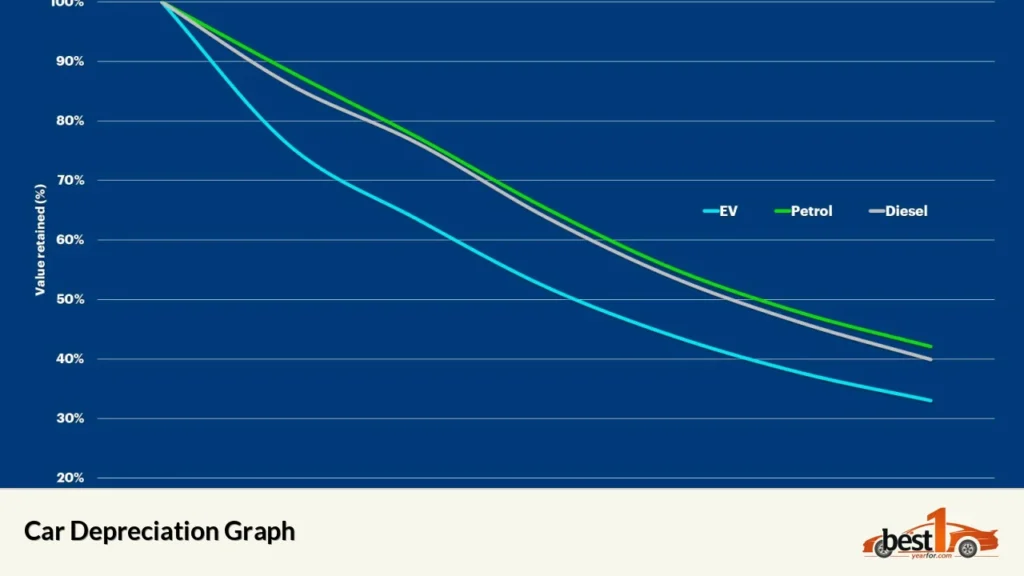
Residual value is a critical factor that many car buyers overlook when making their purchase decision. It represents the projected worth of a vehicle after a specific period of ownership, typically expressed as a percentage of its original price. This figure is crucial because depreciation – the difference between a car's initial cost and its residual value – is often the largest expense of car ownership.
When you choose a car with a high residual value, you're essentially minimizing your depreciation costs. This can lead to significant savings over time, especially if you plan to sell or trade in your vehicle after a few years. Additionally, cars with higher residual values often command better lease terms, as leasing companies base their rates on the vehicle's expected depreciation.
Understanding residual value can also help you make more informed decisions about whether to buy new or used. In some cases, a slightly used car with a high residual value might be a better financial choice than a brand-new model with rapid depreciation.
Ford Bronco: The Rugged Leader in Residual Value
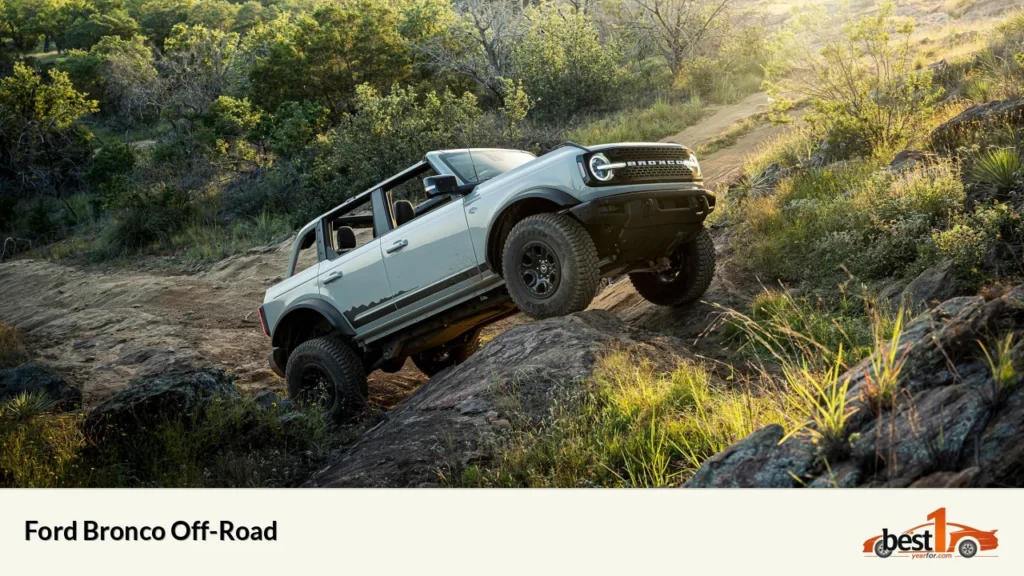
Topping our list with an impressive 66.7% residual value after five years is the Ford Bronco. This rugged SUV has captured the hearts of adventure enthusiasts and everyday drivers alike, contributing to its strong value retention[4]. Several factors contribute to the Bronco's high residual value:
- Iconic Design: The Bronco's retro-inspired design pays homage to its heritage while incorporating modern elements, creating a timeless appeal that resonates with buyers.
- Off-Road Capability: With its advanced 4x4 system and robust construction, the Bronco is built to tackle challenging terrains, making it a versatile choice for outdoor enthusiasts.
- Limited Supply and High Demand: Ford's initial production constraints and the Bronco's popularity have created a supply-demand imbalance, driving up resale values.
- Customization Options: The wide range of available accessories and modifications allows owners to personalize their Broncos, potentially increasing their value in the used market.
The Bronco's strong residual value is a testament to Ford's successful revival of this iconic nameplate, combining nostalgia with modern engineering to create a highly desirable vehicle[5].
Toyota's Dominance in Residual Value

It's impossible to ignore Toyota's strong presence in our top 10 list, with five models making the cut. This Japanese automaker's consistent performance in residual value rankings is a testament to its reputation for reliability, durability, and quality. Let's examine why Toyota vehicles tend to hold their value so well:
- Reliability: Toyota's legendary reliability means that even older models are often seen as dependable choices in the used car market.
- Low Maintenance Costs: The brand's vehicles are known for their low long-term maintenance costs, making them attractive to budget-conscious buyers.
- Broad Appeal: Toyota offers a wide range of vehicles that cater to diverse consumer needs, from compact cars to rugged SUVs and trucks.
- Consistent Design Philosophy: While Toyota regularly updates its models, it tends to avoid radical redesigns, which helps maintain steady demand for older models.
- Strong Brand Reputation: Toyota's overall brand image of quality and dependability contributes to the perceived value of its vehicles.
The Toyota Tacoma (62.6% residual value) and Tundra (60.4%) demonstrate the brand's strength in the truck segment, while the GR Supra (57.2%), Prius (55.3%), and 4Runner (54.6%) showcase Toyota's diverse lineup of high-value vehicles.
Luxury Vehicles and Residual Value: The Mercedes-Benz G-Class

The Mercedes-Benz G-Class stands out as the highest-ranking luxury vehicle on our list, with a remarkable 61.2% residual value after five years. This iconic SUV's ability to retain its value is a result of its unique position in the luxury market and several key factors:
- Timeless Design: The G-Class's boxy, military-inspired design has remained largely unchanged for decades, creating a timeless appeal.
- Exclusivity: As a high-end luxury vehicle with a hefty price tag, the G-Class maintains a level of exclusivity that contributes to its value retention.
- Versatility: Despite its luxury status, the G-Class offers genuine off-road capability, appealing to adventure-seeking affluent buyers.
- Brand Prestige: Mercedes-Benz's reputation for luxury and quality supports the G-Class's high residual value.
- Limited Production: The relatively low production numbers of the G-Class help maintain its scarcity and value in the used market.
The G-Class's strong residual value demonstrates that luxury vehicles can be solid investments when they offer a unique combination of prestige, capability, and timeless design.
Sports Cars and Residual Value: Chevrolet Corvette and Porsche 718 Cayman
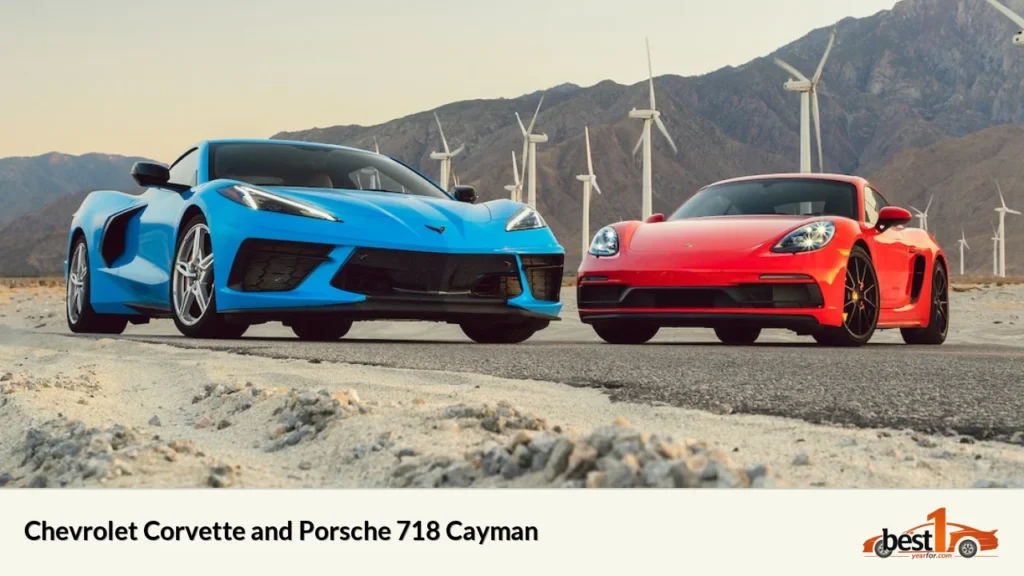
Sports cars often face rapid depreciation due to their specialized nature and high running costs. However, two models in our top 10 list buck this trend: the Chevrolet Corvette (59.0% residual value) and the Porsche 718 Cayman (54.2%). These high-performance vehicles demonstrate that certain sports cars can be sound financial choices[6]. Let's explore why:
- Performance Pedigree: Both the Corvette and Cayman are renowned for their exceptional performance, attracting enthusiasts who are willing to pay a premium for well-maintained examples.
- Limited Production: Compared to mass-market vehicles, these sports cars are produced in smaller numbers, helping to maintain their exclusivity and value.
- Technological Innovation: Both models incorporate cutting-edge technology and engineering, which can help them stay relevant and desirable for longer.
- Brand Loyalty: Chevrolet and Porsche have strong fan bases that contribute to consistent demand for these models in the used market.
- Collectibility Potential: Certain versions of these sports cars may become collectible over time, further supporting their residual values.
The strong showing of these sports cars in residual value rankings demonstrates that performance-oriented vehicles can be wise choices for buyers who appreciate their unique attributes[3].
The Rise of Electric Vehicles: Toyota Prius's Impressive Residual Value
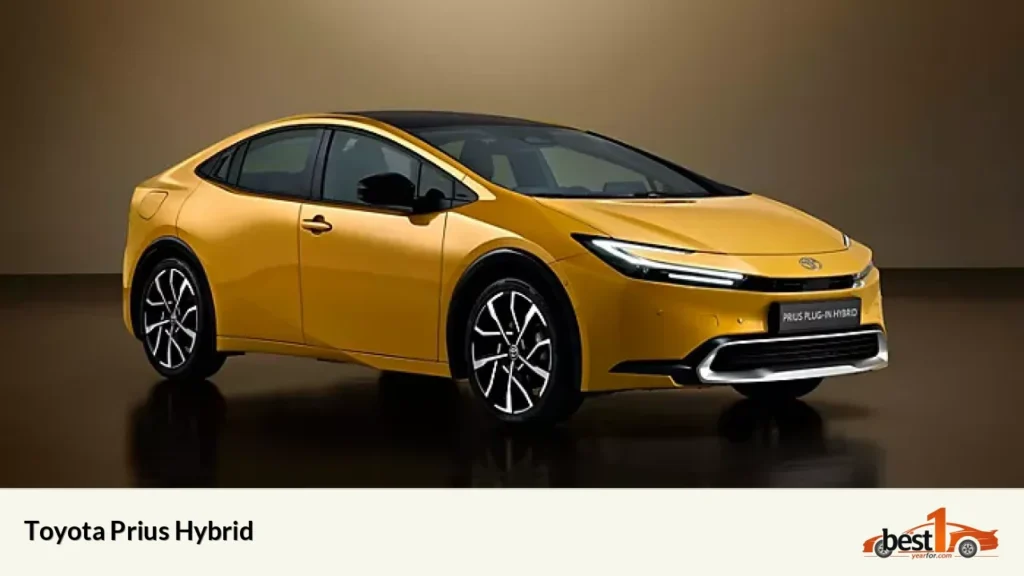
As the automotive industry shifts towards electrification, it's noteworthy that the Toyota Prius, a pioneering hybrid vehicle, maintains a strong position in our top 10 list with a 55.3% residual value after five years. The Prius's enduring value is a testament to Toyota's hybrid technology and the increasing acceptance of electrified vehicles in the mainstream market[2]. Several factors contribute to the Prius's impressive residual value:
- Fuel Efficiency: With rising fuel costs, the Prius's excellent fuel economy remains a strong selling point in both new and used markets.
- Proven Technology: After multiple generations, the Prius's hybrid system has demonstrated its reliability and longevity, boosting buyer confidence.
- Low Maintenance Costs: Hybrid vehicles often have lower maintenance costs due to reduced wear on certain components, making them attractive to used car buyers.
- Environmental Appeal: As environmental concerns grow, the Prius's low emissions and eco-friendly image contribute to its sustained demand.
- Versatility: The Prius offers practicality with its spacious interior and hatchback design, appealing to a wide range of buyers.
The Prius's strong residual value suggests that as the electric vehicle market matures, we may see more electrified models maintaining their value well over time.
Trucks and SUVs: Dominating the Residual Value Charts

A clear trend in our top 10 list is the strong performance of trucks and SUVs in terms of residual value. Models like the Toyota Tacoma, Toyota Tundra, Toyota 4Runner, and Ford Maverick demonstrate the enduring appeal and value retention of these versatile vehicles. Several factors contribute to their high residual values:
- Utility: Trucks and SUVs offer versatility for both work and leisure, making them desirable in the used market.
- Durability: These vehicles are often built to withstand tough conditions, contributing to their longevity and perceived value.
- Growing Demand: Consumer preference has shifted towards larger vehicles in recent years, supporting the resale values of trucks and SUVs.
- Fuel Efficiency Improvements: Advancements in engine technology have improved the fuel economy of many trucks and SUVs, addressing a previous concern for used buyers.
- Off-Road Capability: Models like the 4Runner offer genuine off-road prowess, appealing to adventure-seeking buyers in the used market.
The strong residual values of these trucks and SUVs reflect their popularity and versatility, making them solid choices for buyers looking to maximize their vehicle's long-term value.
Factors Influencing Residual Value
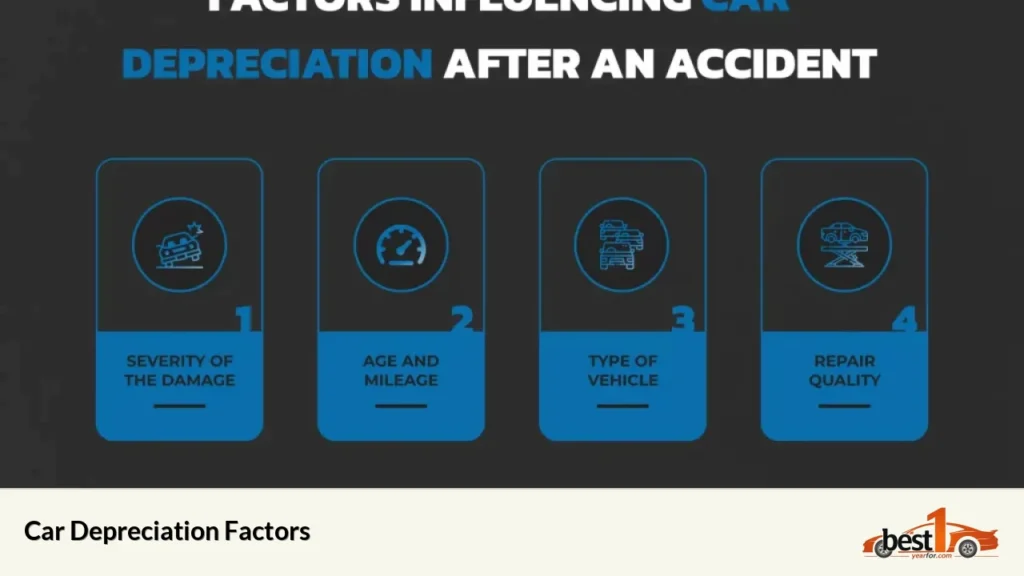
Understanding the factors that influence residual value can help buyers make more informed decisions when choosing a vehicle. While individual models may have unique characteristics that affect their value retention, several general factors play a role across all vehicle types:
- Brand Reputation: Manufacturers known for reliability and quality, like Toyota and Honda, often see higher residual values across their lineup.
- Vehicle Segment: Some vehicle types, such as trucks and certain SUVs, tend to hold their value better than others.
- Reliability and Durability: Vehicles with a track record of longevity and low maintenance costs typically retain more of their value.
- Supply and Demand: Popular models with limited production runs often see stronger residual values due to scarcity in the used market.
- Fuel Efficiency: As fuel costs fluctuate, more efficient vehicles may see improved residual values.
- Technological Features: Advanced safety features and infotainment systems can contribute to higher resale values, although very new tech may become outdated quickly.
- Economic Conditions: Broader economic factors, such as recessions or changes in fuel prices, can impact residual values across the market.
- Government Regulations: Changes in emissions standards or safety requirements can affect the desirability of older vehicles.
By considering these factors, buyers can better predict how well a vehicle might hold its value over time and make a more informed purchase decision.
FAQs
- What is residual value and why is it important?
Residual value is the estimated worth of a car after a certain period of ownership. It's important because it affects the total cost of ownership and potential resale value. - Which car brand has the best overall residual value?
Toyota consistently ranks high in residual value across its lineup, with multiple models in the top 10 list for 2024. - Do electric vehicles hold their value well?
While results vary, some EVs like the Toyota Prius hybrid show strong residual values, indicating growing acceptance of electrified vehicles. - Are luxury vehicles good at retaining their value?
Some luxury vehicles, like the Mercedes-Benz G-Class, retain value well due to their exclusivity and brand prestige. - How can I choose a car with good residual value?
Look for vehicles from reputable brands with strong reliability ratings, consider popular segments like trucks and SUVs, and research historical resale values.
Citations:
- 1. https://caredge.com/guides/10-cars-with-the-best-resale-value
- 2. https://caredge.com/honda/hr-v/depreciation
- 3. https://caredge.com/jeep/wrangler/depreciation
- 4. https://techbullion.com/why-the-toyota-4runner-holds-its-value-a-look-at-resale-and-durability/
- 5. https://www.topspeed.com/honda-hr-v-depeciation-1-year/
- 6. https://www.prnewswire.com/news-releases/kelley-blue-book-announces-winners-of-2024-best-resale-value-awards-302085083.html



